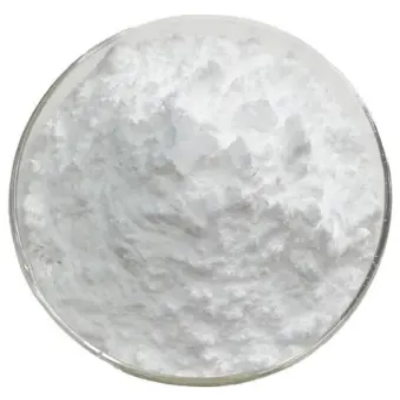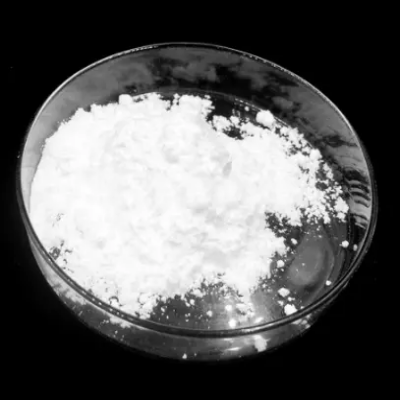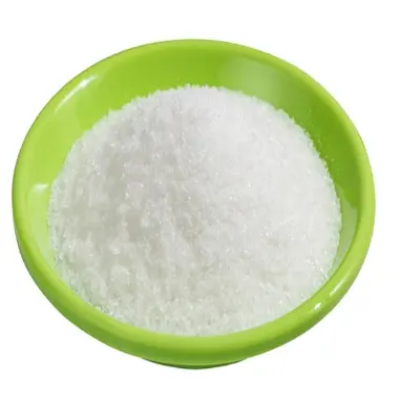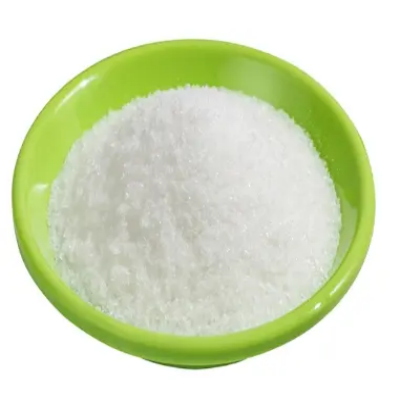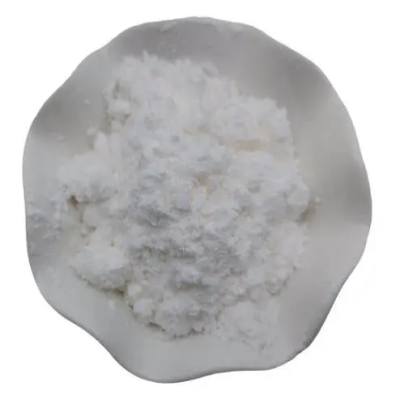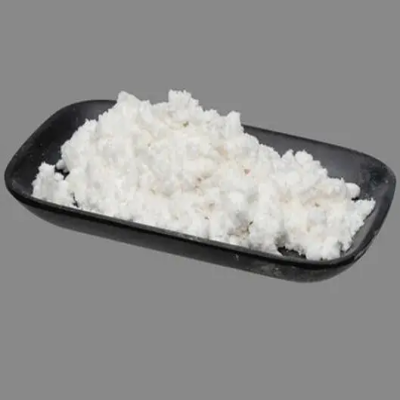HEPES CAS:7365-45-9
HEPES plays a crucial role in maintaining a stable pH environment in cell culture systems, ensuring the viability and growth of cells by preventing fluctuations in pH levels. This buffering capacity of HEPES is particularly important in maintaining physiological conditions for cell-based research and drug testing, leading to more reliable and reproducible results. In molecular biology and biochemistry, HEPES is commonly used in enzyme assays to regulate pH-sensitive enzymatic reactions effectively. Its ability to maintain a constant pH within a narrow range (typically 7.2-7.6) is vital for ensuring the accuracy and efficiency of biochemical processes, such as protein purification, nucleic acid analysis, and metabolic studies. HEPES is also utilized in electrophoresis applications, including agarose gel electrophoresis and polyacrylamide gel electrophoresis, where it helps create an optimal environment for DNA and protein separation. Its buffering properties contribute to sharp and well-defined bands, enhancing the resolution and accuracy of experimental results. Moreover, HEPES finds extensive use in the pharmaceutical industry for formulating biological products, vaccines, and diagnostic reagents. Its compatibility with sensitive biomolecules and low cytotoxicity make it an ideal choice for maintaining the stability and functionality of biopharmaceuticals during production and storage. Overall, HEPES serves as a versatile and indispensable buffering agent with diverse applications in cell biology, molecular research, biochemistry, and pharmaceutical development, playing a critical role in ensuring the success and reliability of a wide range of biological and biochemical experiments.



| Composition | C8H18N2O4S |
| Assay | 99% |
| Appearance | white powder |
| CAS No. | 7365-45-9 |
| Packing | Small and bulk |
| Shelf Life | 2 years |
| Storage | Store in cool and dry area |
| Certification | ISO. |


